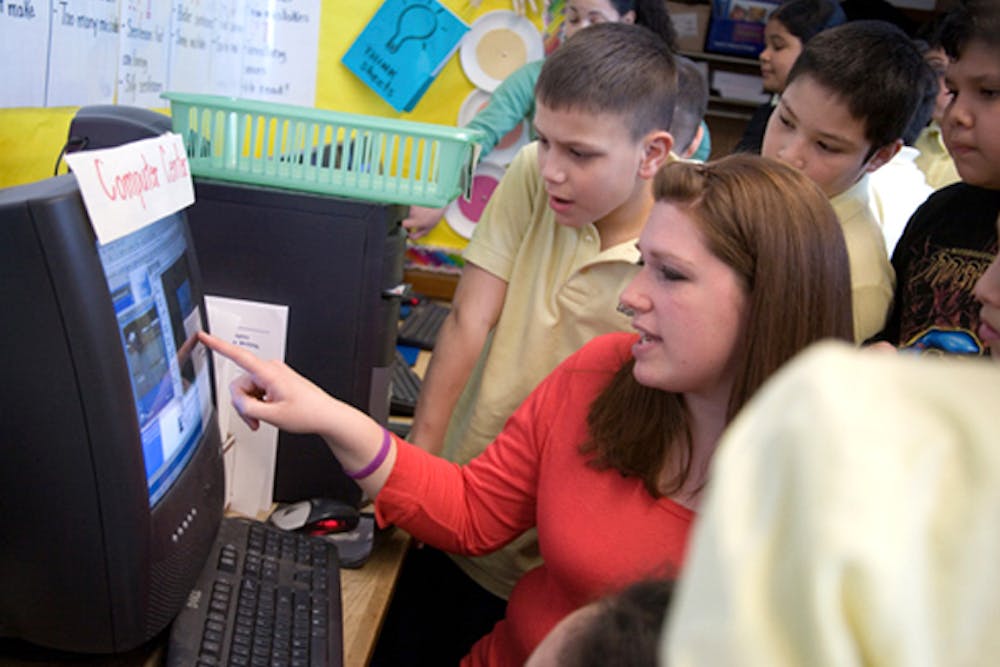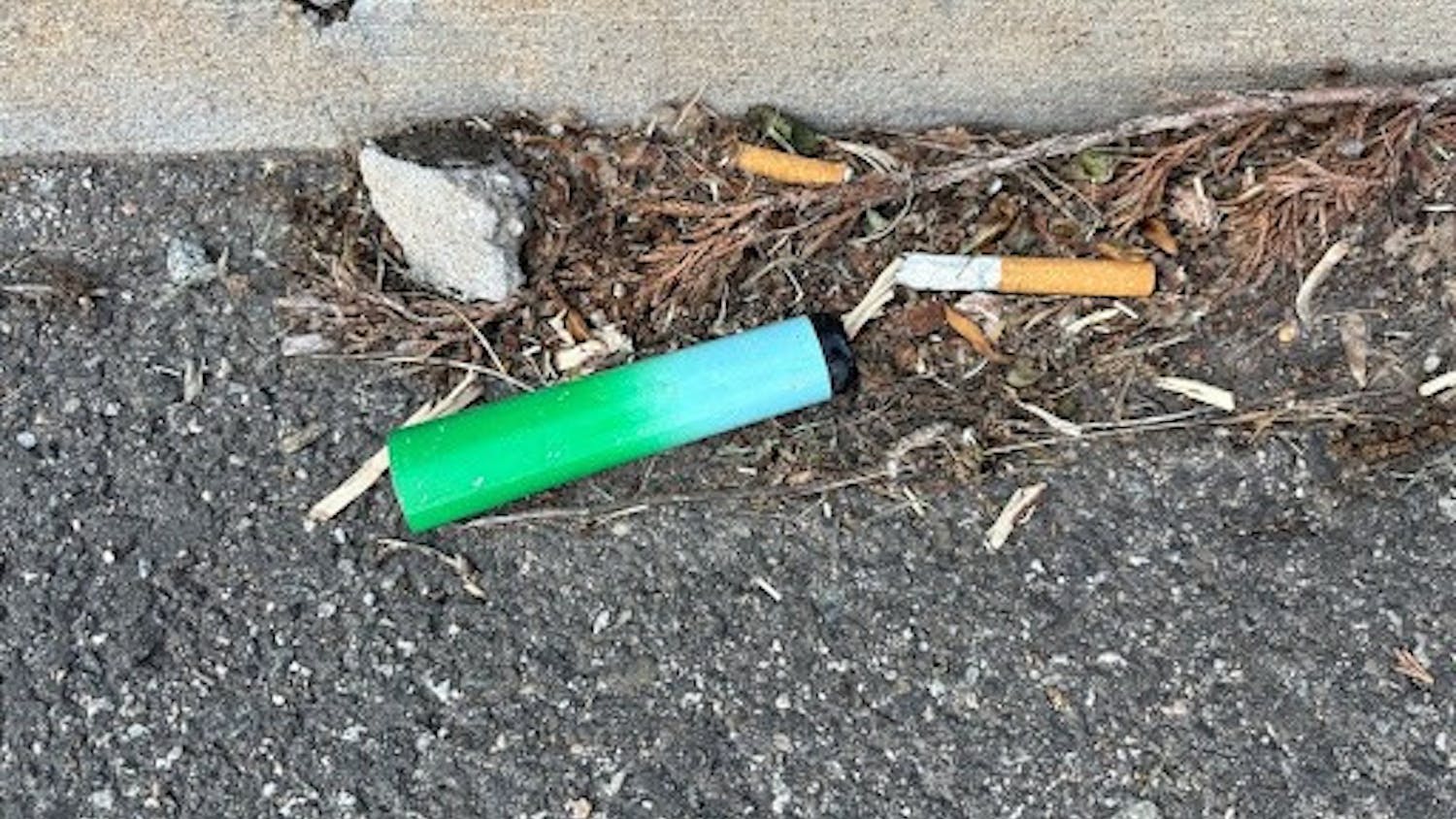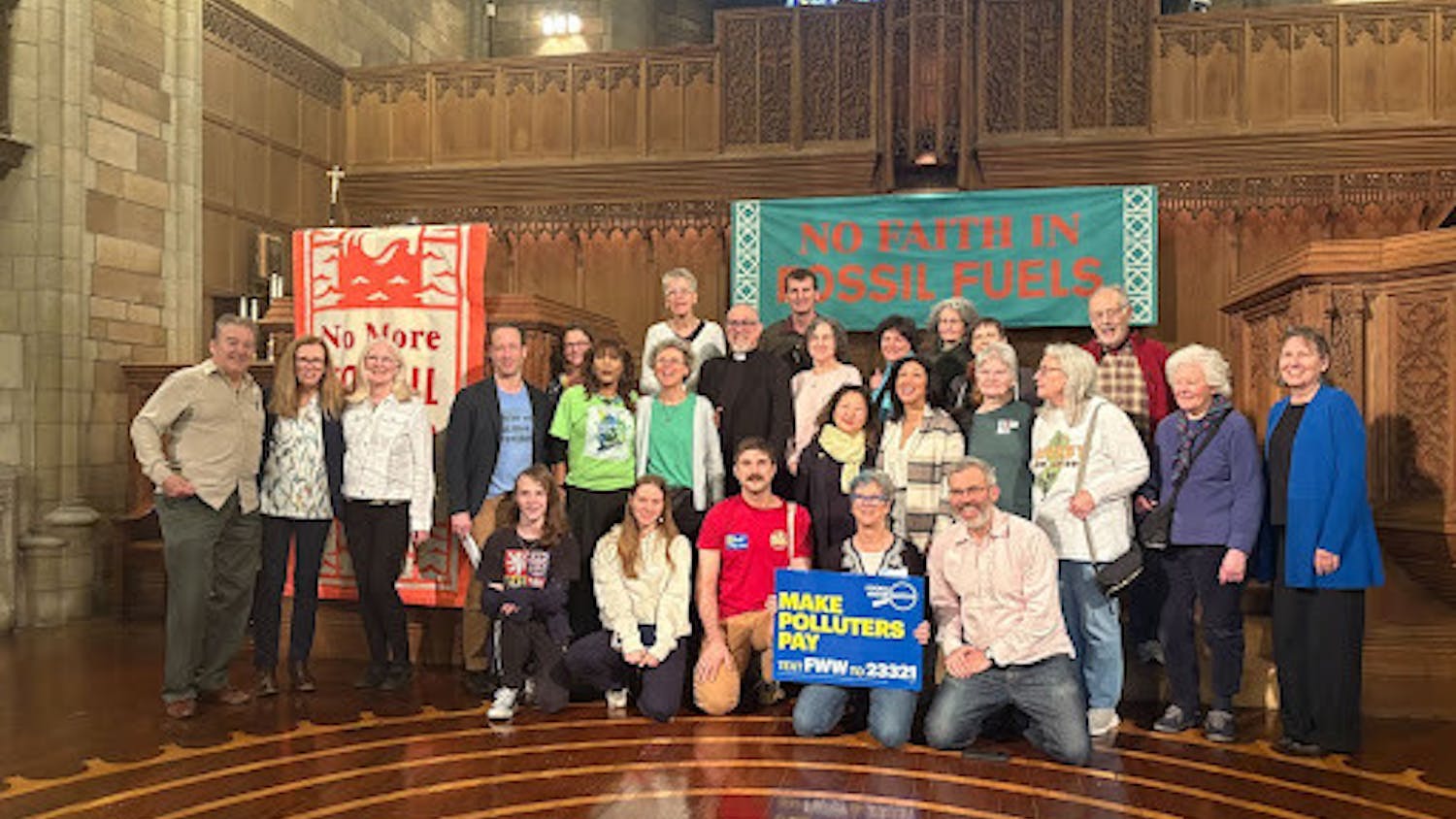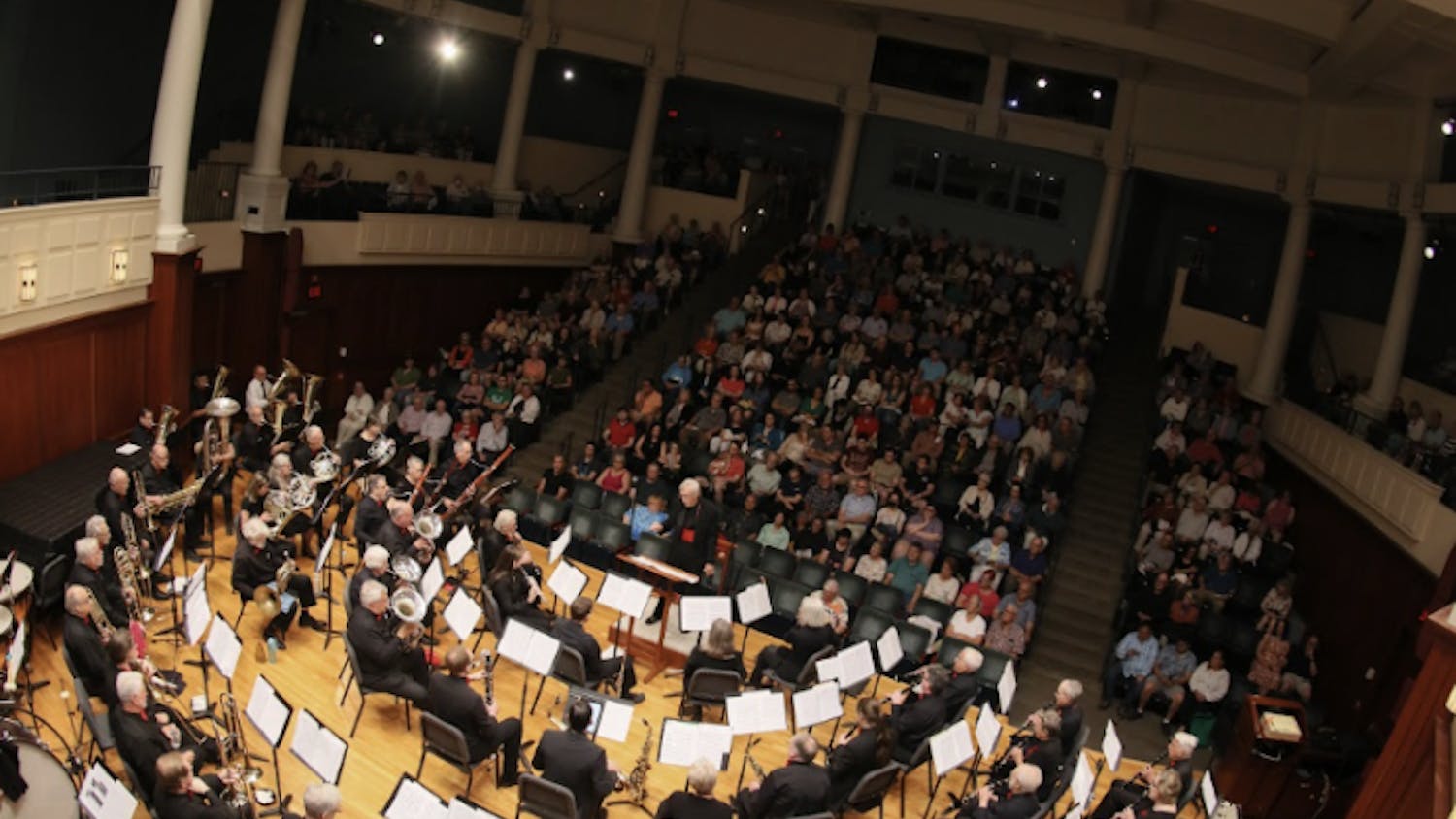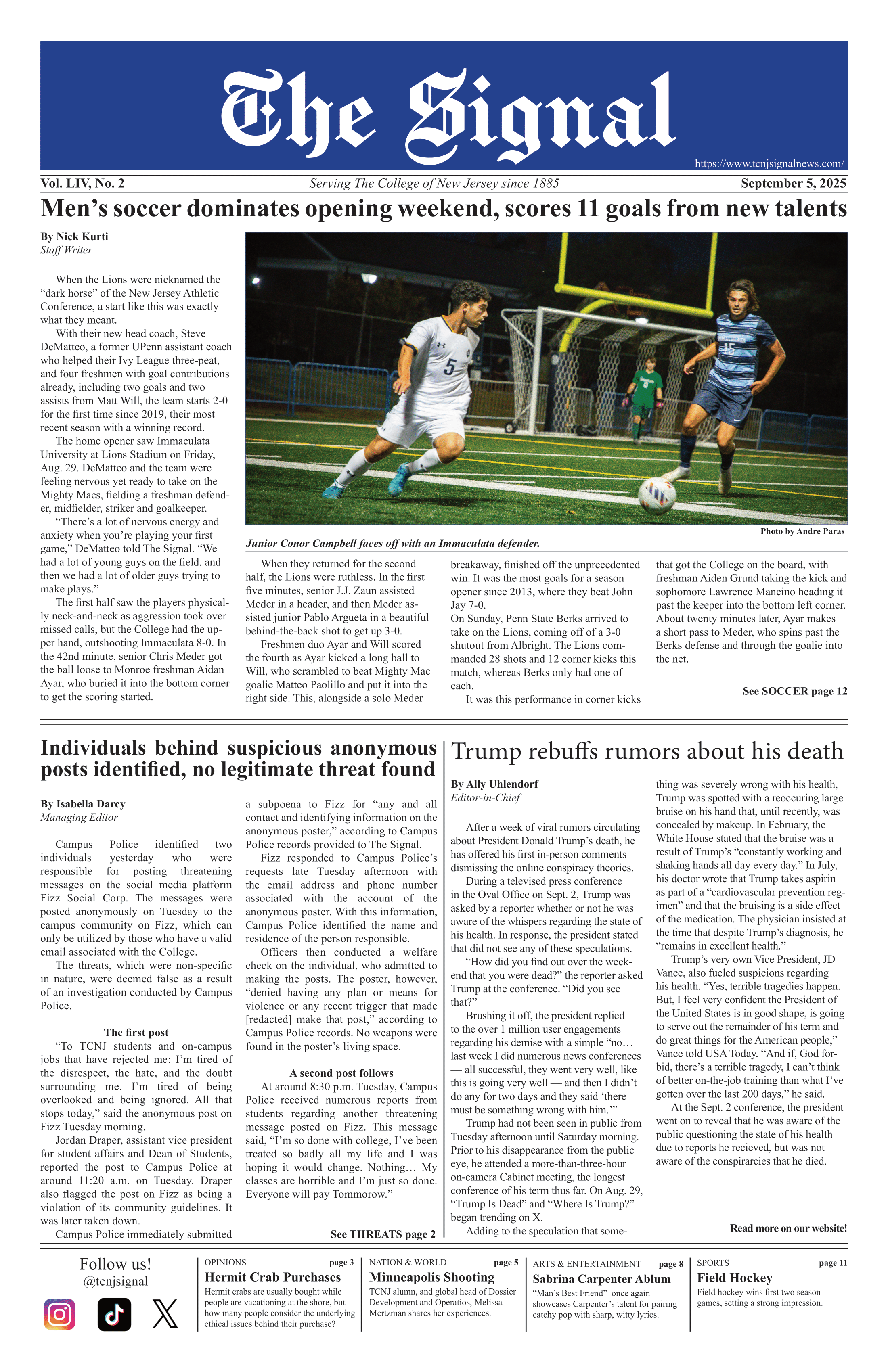By Kaitlyn Bonomo
Correspondent
The experience that comes with student teaching plays an indispensable role in becoming an educator. Working closely alongside a teacher in a dynamic classroom environment, student teachers get a first glimpse into their future.

While education majors are taking most classes online, their future students are as well with 242 school districts in New Jersey having operated remotely for the majority of the pandemic, according to NJ.com.
Students studying to be teachers are doing so in an environment where current teachers are learning to adjust as well. While student teaching at the College typically consists of two semesters of in-classroom teaching, Covid-19 has altered this course of action to a mostly remote experience.
“This presented many challenges as our teacher candidates didn’t have the full benefits of the in-person interactions, but they still have had copious amounts of time and practice honing their skills,” said Dr. James Beyers, a professor and department chair of the elementary and early childhood education program. “They still have the mentorship of a cooperating teacher, and the supervision of a TCNJ faculty member.”

Ben Rogoff, a freshman history special education major, was recently elected as a senator for the school of education and has a strong passion for student teaching.
“Teachers already have little authority through the screen and student teachers receive a fraction of that already little authority,” he said. “I did not have practicum this semester, even though it was scheduled, because of the pandemic. Our alternative was to do virtual observations of videos, youtube clips and written stories which does not prepare future educators for the classroom like in-person practicum would.”
Conducting a classroom online while replicating the value of in-person instruction is relatively new in the age of the pandemic. And with no clear timeline on when life will return to normal, there is no telling when teachers will return to the classroom environment they once knew.
“Missing out on practicums has been reimbursed with the promise of ‘we will be back when things open up again.’ However, no promise can make up for the lost time and pushed back schedules of future educators who are now forced to scramble to get enough experience to be successful in their own classrooms,” Rogoff said.
Rogoff works in his home district as a substitute aid to engage in a real-life classroom and make up for mostly virtual instruction.
“This job has allowed me to meet school staff of every position, be mentored by well-established educators in my district, experience grade levels that I may want to work with in my future and most importantly work with children in special education and learn what my major entails in regards to my future career,” he said.
Teachers and students alike are faced with the consequences of virtual instruction and the absence of a classroom environment. While education majors have previously graduated with two semesters of experience in a classroom, student teaching conducted mainly virtually deprives future teachers of developing expertise and their own teaching philosophy in a real-life classroom.
With a transition to flex teaching across New Jersey,. Beyers explained although internships began primarily online, chances for students to get back into the classroom have begun to open up, giving hope that face-to-face instruction for student teaching is in reach.
“In a virtual environment, it is easy to miss nonverbal cues,” said Dr. Tabitha Dell’Angelo, a professor and coordinator of the ECE/ELE Urban Education Program. “This is a big gap because those cues help us make decisions in the moment that might make the difference in whether a student is successful or not.”
Instead of learning these nonverbal cues and how to address them, student teachers observe online classrooms just like their classes at the College while teachers and students themselves are new to virtual classrooms.
To guide her students into becoming teachers themselves, Dell’Angelo described making her classes more student-oriented and being honest with her students about her own pedagogical choices.
“I let them in on my metacognitive process,” Dell’Angelo said. “I tell them when I am unsure if something will work or not. I ask them to tell me what they think of different approaches. I hope that modeling how I am thinking helps them as they plan and implement their own lessons.”
The pandemic has taken away many of the opportunities for students to gain field experience by working in after-school programs where they get to know children, the community and begin to make connections.
Although teachers are also facing a hard time adjusting to a virtual world, the head of the classroom puts on a brave face, determined to get through the pandemic and back in person with their students.
“I have heard teachers say they have cried on the way home from work but they would never quit, they love their students,” Dell’Angelo said. “I can't help but wonder if not sharing physical space with students, having inside jokes, really being together — makes teaching feel less desirable. Hopefully, they will hang in there and reignite that passion when we are back together.”


